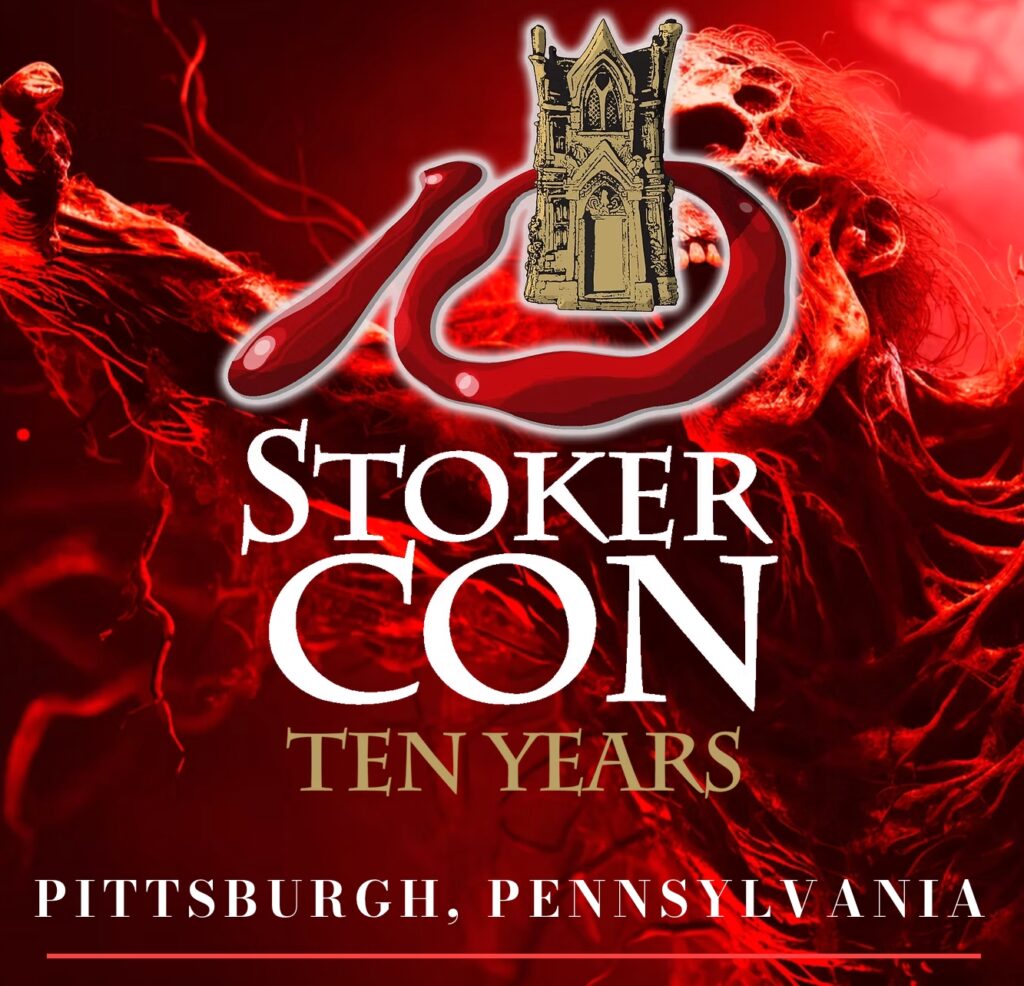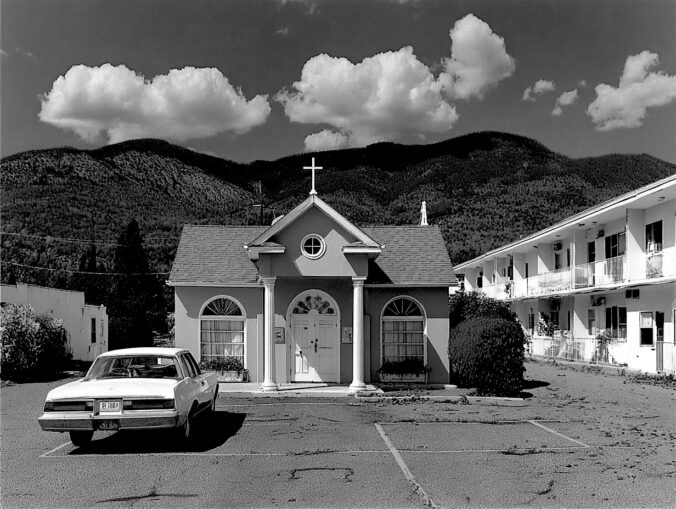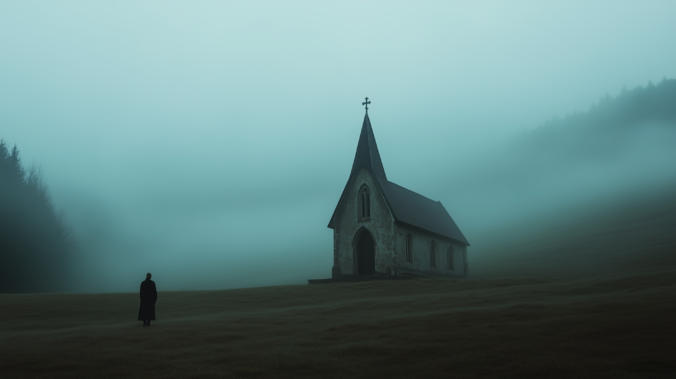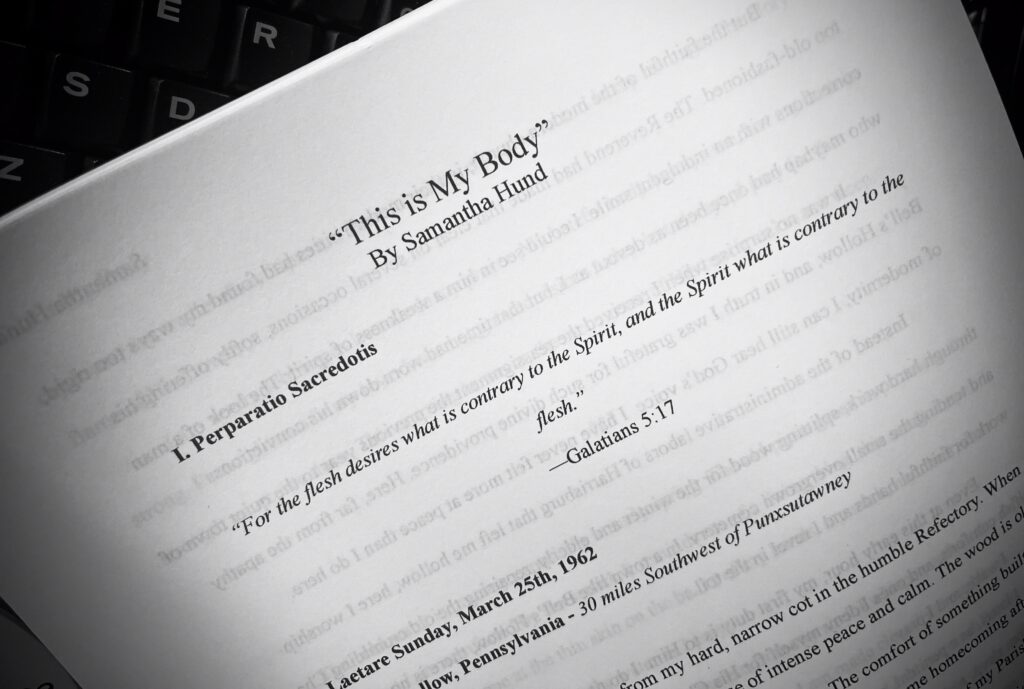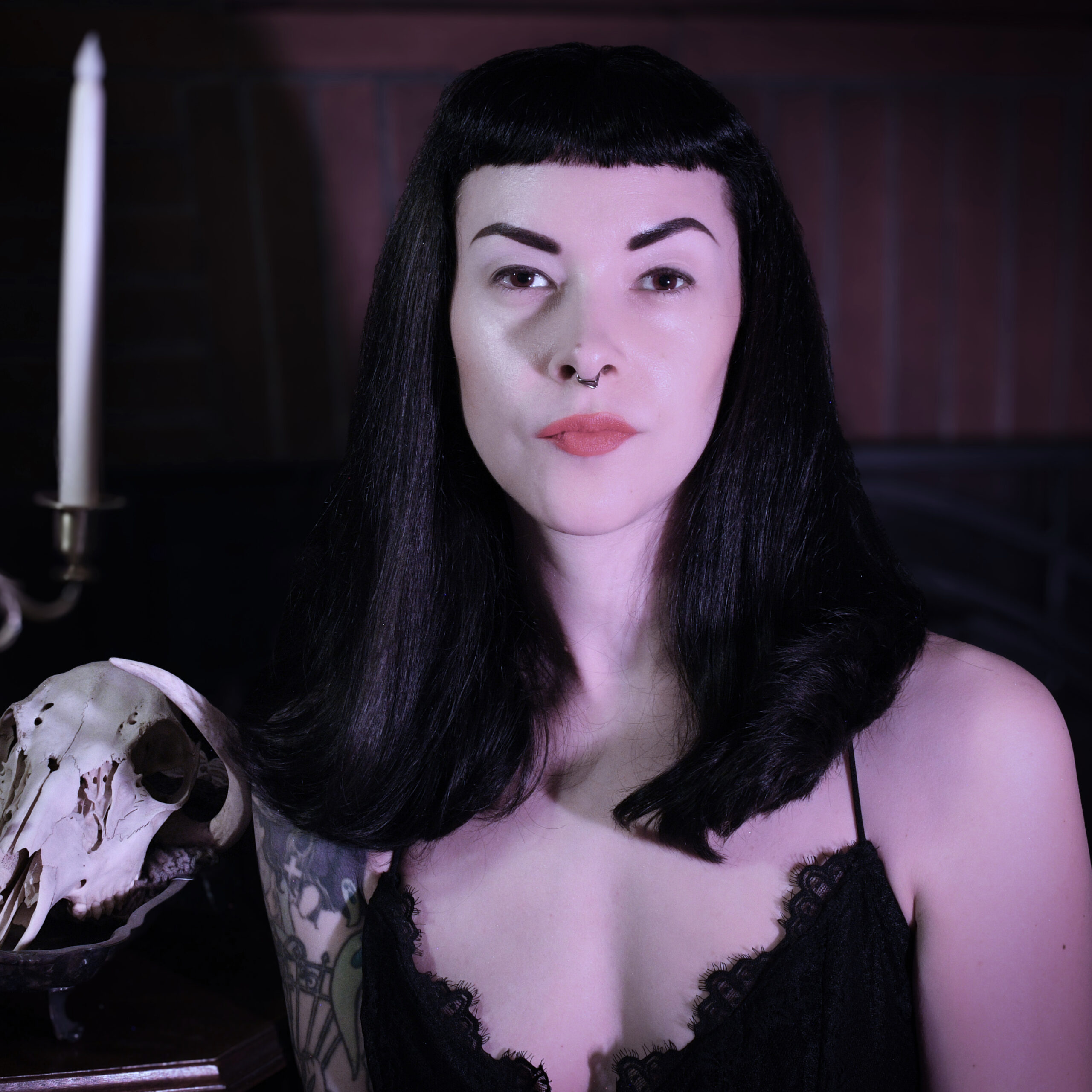As a kid, I never had a moment where I thought God was listening. The concept seemed flawed straight away, and my little six-year-old brain was ready to poke holes.
I had a hard time with the fact that people seriously believed in some Invisible Old Man in the clouds, presumably bearded, who just spys on people all day and guilts them if they don’t abide by his rules.
If I were God, I’d certainly find something more entertaining to do.
Still, I was mystified by the lengths people would go for this Invisible Old Man. The devotion, the fear, the righteous anger. The strange division between the various subsets of churches who all, apparently, thought they were the only ones really getting it right.
Catholicism especially fascinated me. There were so many rules! Strange clothes! Songs I didn’t know the words to! Every time I had to attend a first communion or a funeral mass, I felt like I was observing the most mysterious ritual.
People go into a cupboard, and confess their secrets to a stranger. People eat stale crackers and call it a blessing. Of course, as an unbaptized child I was a stranger in a foreign land.
Myself, I didn’t pray, I wished on stars. I plucked petals, and broke twigs. I made promises to trees and dirt and called it magic. I just couldn’t comprehend trying to strangle the concept of ‘God’ into a single entity.
I prefer the vast unknowable universe.
It makes me feel insignificant enough.
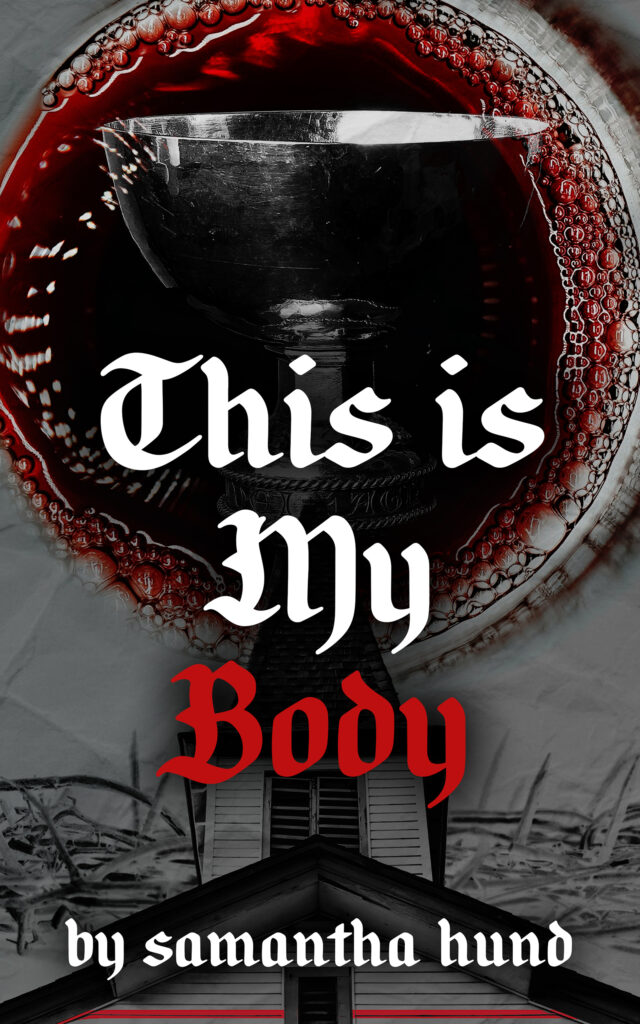
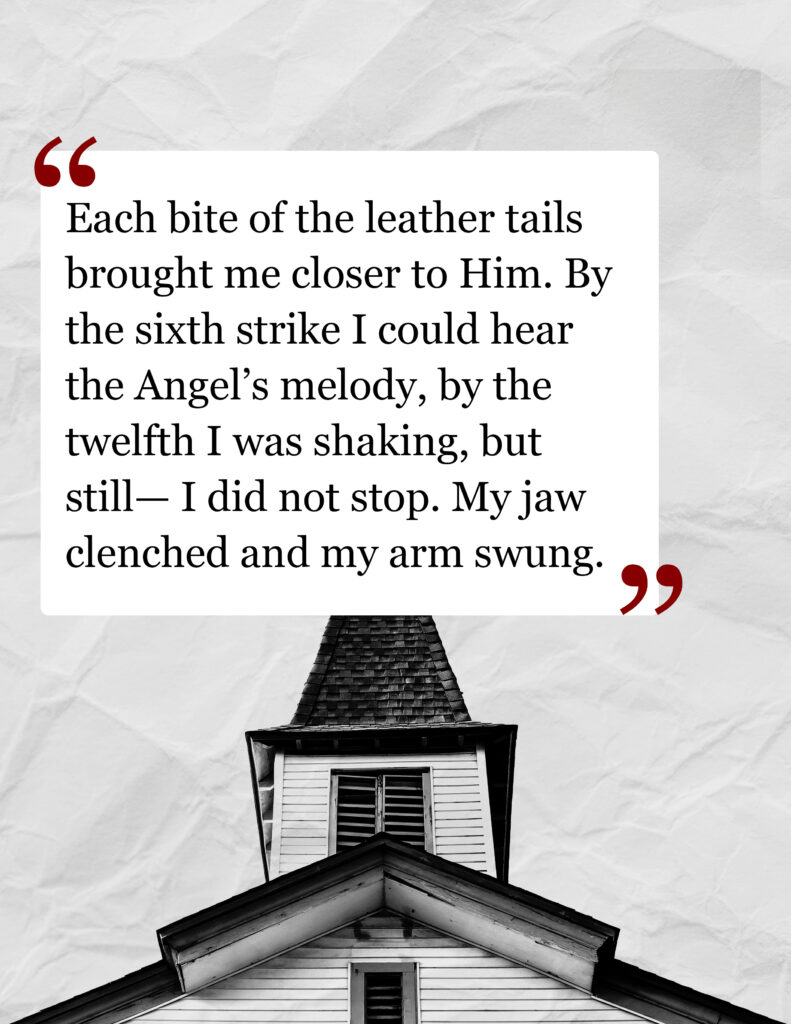
But I digress.
Just yesterday, This is My Body was published by the wonderful folks at ExPat Press.
You can read the full story here: This is My Body
Every time someone says something kind about this story, I don’t know what to do with myself. It’s a hard thing to be proud of, knowing how some people feel about the subject matter. I suppose I expect the response to be angry, and when it isn’t, I’m a bit lost.
Though I didn’t write this to be controversial. Spoiler alert; the story isn’t about Catholicism, or even God, really.
If you want to know how this story came about you can check out my previous post about it here: My Byronic Horror Weekend
One last fun update, I have decided to attend StokerCon 2026 – though I have no idea what to expect. Now that I’ve published my first horror story, I can at least enjoy being among my fellow HWA members without feeling like a total fraud. I’m excited to meet all the wonderful horror folks!
From somewhere in querying limbo–SMH
